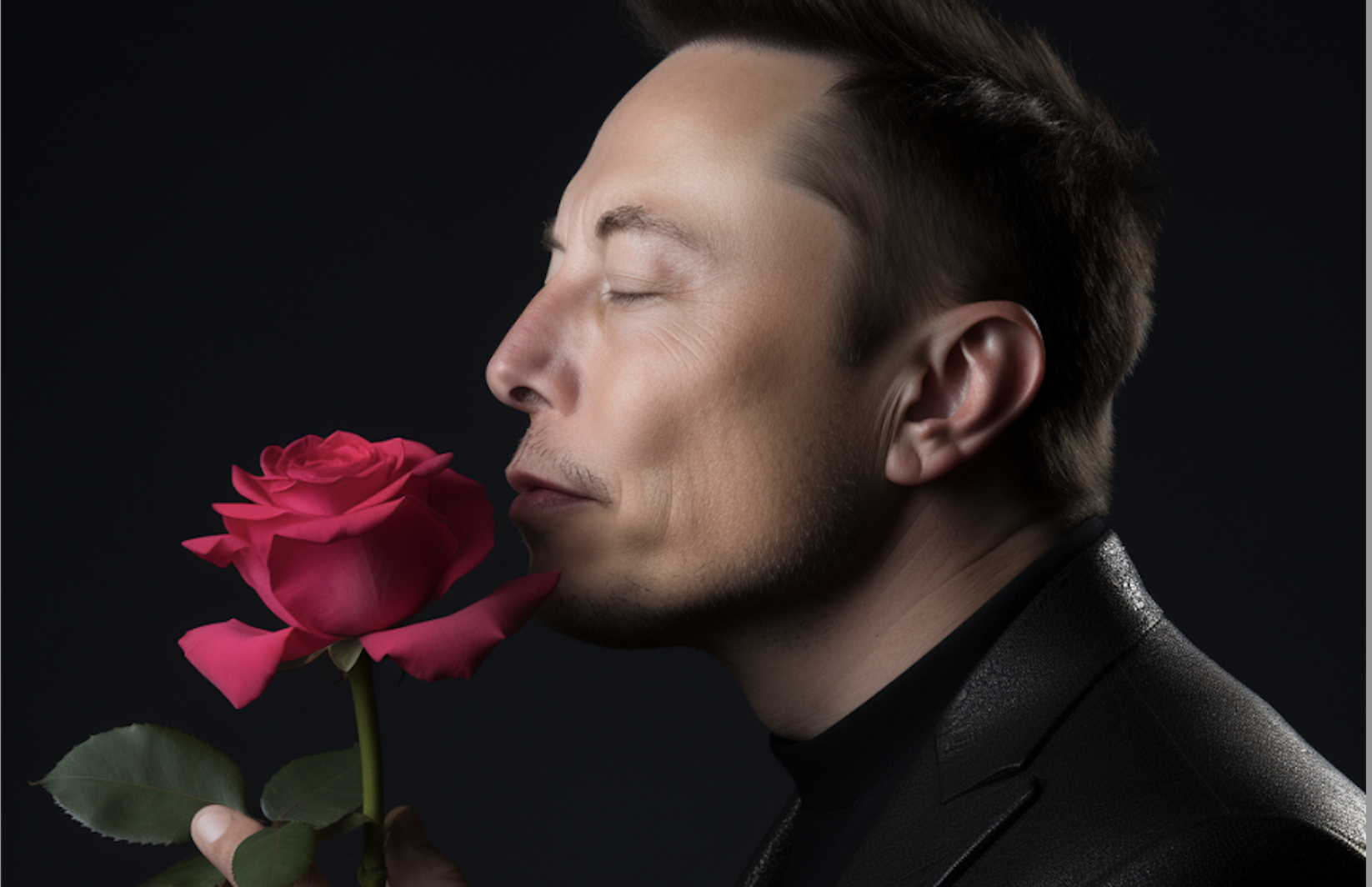An everything app stands no chance of succeeding in the West as WeChat has in China. And X, the app formerly known as Twitter, will never become the world’s “most valuable brand” as Elon has boldly claimed. Here’s why.
You Can’t Put the Toothpaste Back in the Tube
First, our mobile user experience in the West was weaned on the browser-based internet ecosystem of the ’90s and aughts. The websites we relied on back then for banking, messaging, trip routing, social networking, news, and more became the foundation for the individual apps we use today. That’s why we have multiple screens of app icons on our phones, and not one super-app icon. Putting that toothpaste back in the tube is impossible. Unlike the West, China bypassed this initial phase of internet development and went directly to “mobile-first.” Tencent’s WeChat was there to uniquely take advantage of that.
WeChat is More than an App – It’s Part of the Culture
In China, adding someone on WeChat after meeting them, exchanging WeChat IDs, and using the app to stay in touch are societal norms. Or consider WeChat’s red packets: something like a billion are sent every Lunar New Year. No app has that kind of cultural relevance—and the resultant clout—in the West. (It could be argued that of all the apps we use, Twitter was the most culturally influential, mind you in a different sort of way. But Elon has killed that relevance in just nine months—the rebranding was the hilarious coup de grace.)
North Americans Would Never Accept Such a Level of Concentration
In China, people are accustomed to super apps. While the government’s Social Credit System and Tencent’s WeChat hoover up every aspect of their lives, for most Chinese people, that’s okay. Americans would never entrust every aspect of their lives to a single company. Such an approach stands in stark contrast to the free-market principles and individualism on which the USA was founded. Ya’d think a libertarian like Elon would know that.
Elon is a Problem
Speaking of Elon, he has turned the people most enthusiastic about Twitter—his brand advocates—against it, and him. Especially him. His dodgy and dogmatic (Doge-matic?) opinions on social issues have outraged many more. The notion that a majority of the population would turn over their social insurance number or banking information to this guy is laughable.
Perhaps mini-versions of everything apps are indeed possible. The app best positioned to achieve that is certainly not X, but Zuck (the Cuck)’s WhatsApp, an app most North Americans don’t use. In countries like India, Brazil and South Africa, where the app’s penetration approaches 100%, WhatsApp already underpins the conduct of daily life and business.
But even in those countries it might be too late for WhatsApp to become more multifunctional. In Brazil, for example, the PIX system soundly thrashed WhatsApp at the instant-payments game and the platform remains, mostly, a messaging app.
Net, Elon’s concept of an “everything app” stinks, at least in the Western context. The future of digital ecosystems here will continue to be characterized by specialized apps catering to diverse needs rather than a one-size-fits-all approach.
Image of Elon Musk generated by Kuration using Midjourney AI.
